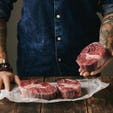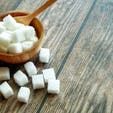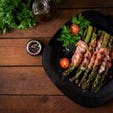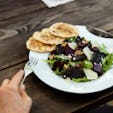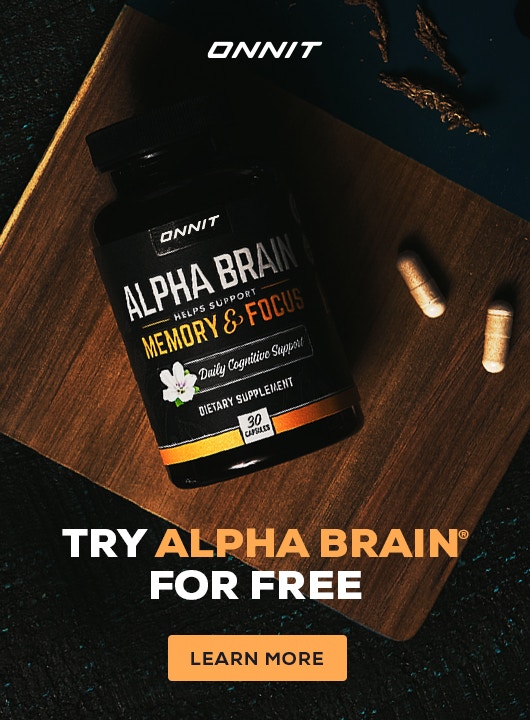What’s the #1 diet habit holding you back? Are we talking about eating pizza at 3am? Eating chips and drinking soda? Eating on the run? While all of these are pretty detrimental to your health and happiness, it’s still not the most detrimental diet habit. What’s the worst culprit?
Wheat Consumption.
Gluten is a wheat protein found in breads, pastas and anything that has the ingredient “wheat”. Yes, this includes 100% Whole Grain bread too. Don’t take it from me, Neurologist and New-York Best Times Seller Author Dr. David Perlmutter wrote an entire book on the topic of brain dysfunction and gluten consumption.
We could also discuss the “consumption” of gluten that happens when you use mainstream health care products such as soaps, shampoos and other similar items. These can trigger the same sensitivity issues and neurodegenerative effects that eating gluten can have.
Even though only 1.8% of the population has celiac disease, gluten sensitivity affects millions.
Exposure to Gluten Proteins From Wheat Can Cause:
● Inflammation
● Headaches
● Joint Pain
● Digestive Issues
Why are we talking about gluten in an article about unhealthy habits? Simply because the majority of us consume gluten in many forms all day, every day.
Look on the box on any processed food item, sauce, dressing, marinade or other foods. the ingredient wheat or wheat flour is found in almost everything! It’s extremely cheap to produce and has a long shelf life.
How Including Gluten in Your Diet Effects Your Mood
Gluten has multiple effects on the body. When gluten is in the gut, in acts as an anti-nutrient, preventing the proper absorption of other nutrients and minerals such as magnesium, zinc and B12.
A study on recently diagnosed celiac patients found several deficiencies including zinc and B12. Even in the healthy control group, Vitamin B12 deficiencies were still present [source].
Ever wonder why we have a world full of energy drinks, magic pills and mood stabilizers? Another study showed a strong link between gluten consumption, and milk products and the instance of schizophrenia [source].
The gastrointestinal inflammation that occurs from consuming these anti nutrients provides another answer and route for healing our mental health and illness crisis.
Gluten can prevent the raw materials from getting into our system that we need to function optimally! Not to mention, this stuff is addictive.
Gluten Foods and Addiction?
When it comes to food addictions and cravings, a lot of people joke about their love for breads, pastas and cookies. It’s no surprise since sugar and grains have a documented effect on the brain.
Sugars and grains can act on our neurotransmitter function. Specifically, sugar consumption has been linked to a boost in dopamine levels. A research journal discusses the many reactions between foods and neurotransmitter function.
By adding in addicting foods such as sugar, these actions act in the same manner drugs do.
Grains also contain exorphins. Why does that work so similar to morphine? It actually stands for “morphine-like compound” and is exactly what breads and pastas contain. No wonder people can’t give the stuff up!
Gluten and the Gut
Our digestive tract is designed to be a closed-loop system.
In other words, the things that we put in there are supposed to stay in there! Except, when we consume gluten, the “seal” of the gut is split apart.
When this happens, toxins and undigested food particles are able to sneak into the bloodstream. This causes inflammation, bloating and can make you fatigued.
Everyone is familiar with the term “beer belly”, except I like to call it “wheat belly”. Dr. William Davis does too and wrote a book with that exact title.
What to Eat Instead of Gluten Foods?
Next time the waiter brings you a warm, gooey basket of dinner rolls, skip them and add some of the butter to your meal. Who eats bread by itself anyways? Bread is just the vehicle for the real thing we love–butter!
Butter, preferably from grass-fed cows, is far more satiating since it modulates the proper leptin response. Leptin is our satiety hormone. [source].
Easy Switches to Gluten-Free Foods
● Instead of spaghetti and meatballs, opt for the gluten-free brown rice noodles
● Instead of bread and butter, eat an organic potato with butter
● Instead of a bagel with cream cheese, try some full-fat organic yogurt
● Instead of a sandwich, opt for the lettuce wrap or eat the part we really love…The meat and cheese! Opt for raw cheese if available.
Instead of crackers and cookies, opt for organic blue corn chips. Organic corn isn’t a problem for most people.
Takeaways on Gluten
Anytime people start telling you what to eat or more commonly, what not to eat, people throw up a red flag and get frustrated.
Remember that eating healthy is the most delicious and nutritious way of eating. After your palette adjusts to new foods, the ghost of your former self and dietary choices will seem like a joke.
I remember taking a sip of a coke months after eliminating all sugar from my diet and it tasted horrible! I couldn’t believe I used to drink them.
Luckily, companies are starting to produce “soda-tasting” kombucha probiotic drinks which are delicious and highly beneficial for supporting healthy gut flora.


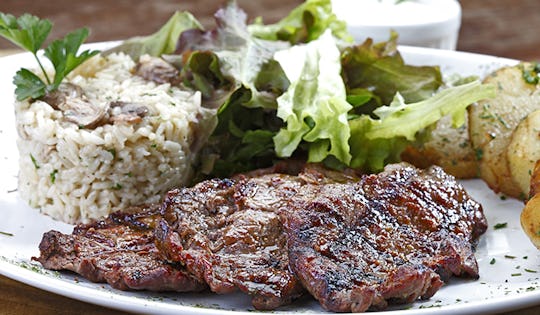
)
